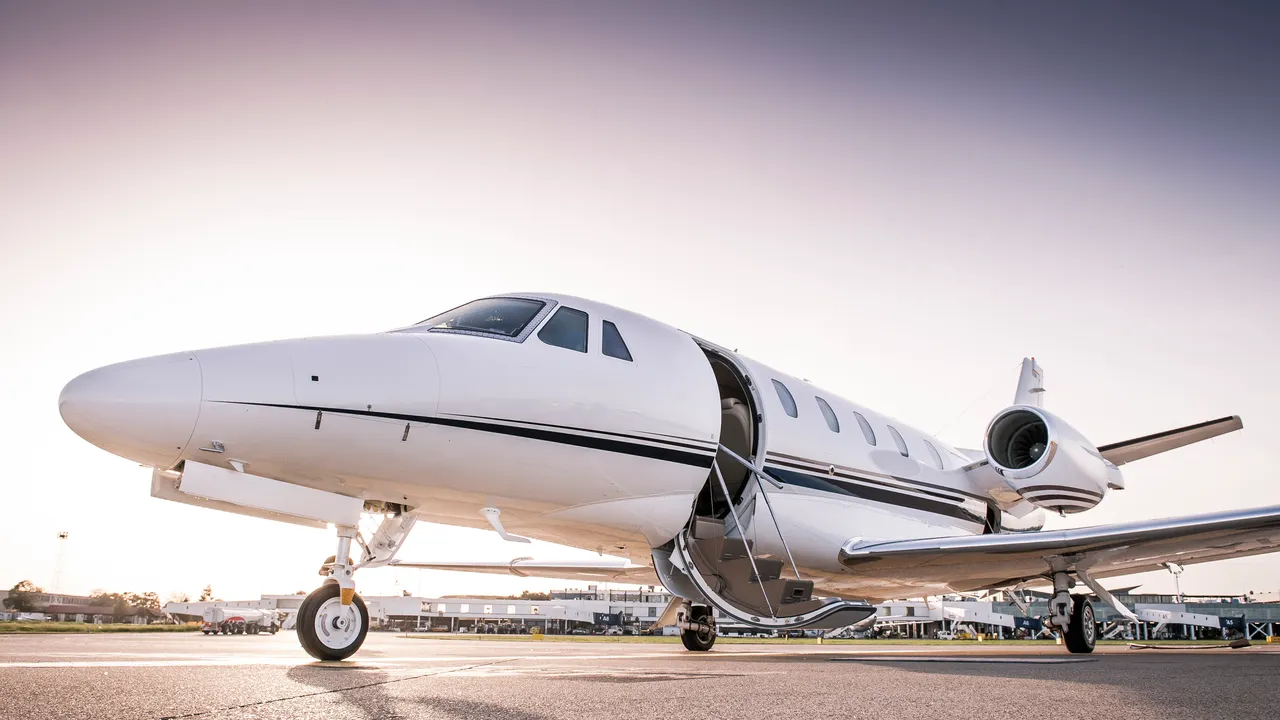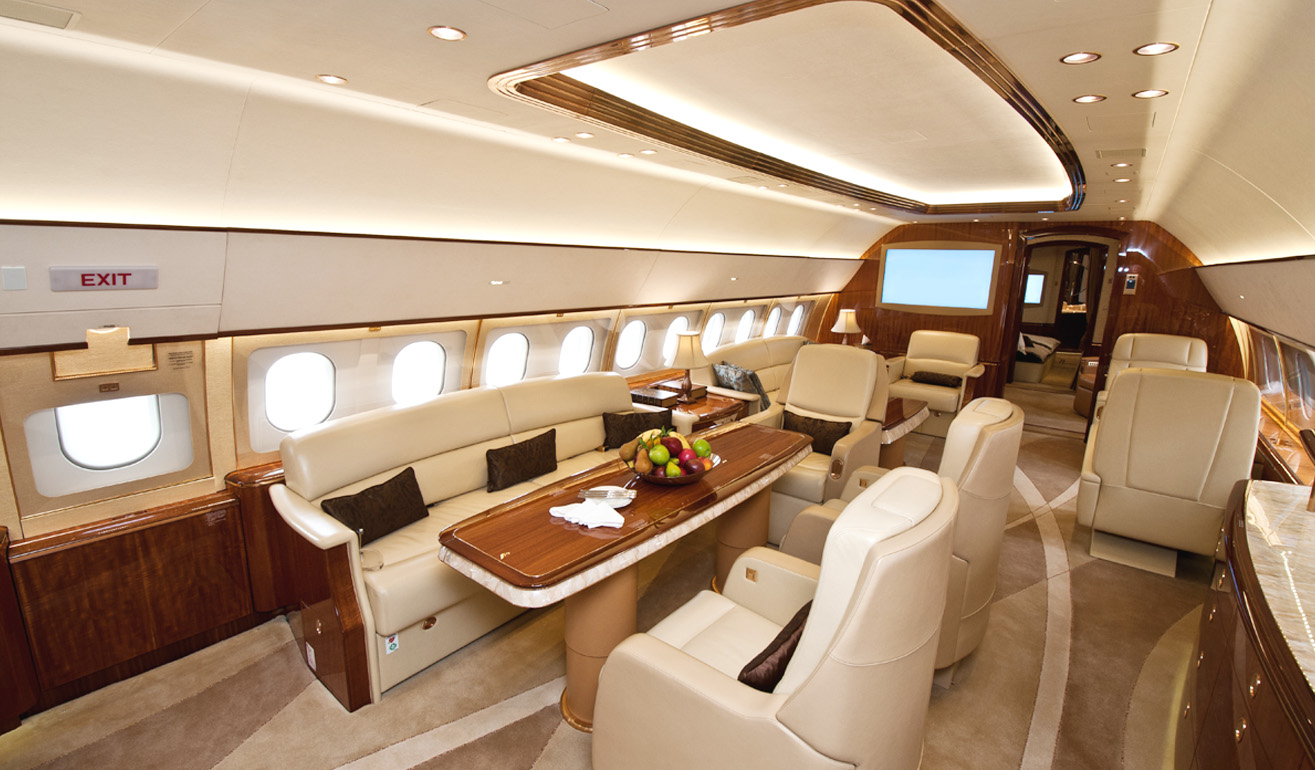Dubai’s Growing Millionaire Class Fuels Private Jet Boom

At Dubai’s Mohammed Bin Rashid Aerospace Hub, luxury private jets are taking off at all hours, catering to the city’s expanding millionaire class. One such ultra-long-range jet, equipped with high-end comforts like plush bedding and fast food upon request, awaits its wealthy passengers. According to Lilit Avetikyan, CEO of private jet company Voyex, these elite clients expect nothing short of perfection, whether it’s their favorite fast food on board or exclusive services like tickets to high-profile events.
Voyex, which offers private jet charters, is part of a growing private aviation industry in Dubai, where flights cost anywhere from $50,000 to $200,000 per trip. The company boasts access to a global fleet of over 20,000 aircraft, some of which are reserved for royalty or government officials. In a city where luxury and exclusivity are key, demand for private jet travel is rising as the UAE becomes a global hub for the super-wealthy.
In 2024 alone, Dubai is expected to attract more than 6,700 millionaires, more than any other country. This influx is expected to continue in the coming years, driven by individuals from regions such as India, the Middle East, and Europe. The rising number of wealthy residents is also fueling demand for high-end real estate and private aviation services. The market for private jets in the Middle East, valued at $566 million, is projected to reach $943 million by 2029, according to industry experts.

Although the number of private flights in Europe and the US is higher, the Middle East is seeing faster growth. Dubai and neighboring regions like Saudi Arabia and Sharjah are investing heavily in private aviation infrastructure, with new terminals and facilities being developed to cater to the increasing demand for VVIP travel.
However, the rise of private jets comes with environmental concerns. Private jets are significantly more carbon-intensive than commercial airliners, with emissions per passenger up to 50 times higher than trains. Some countries, like the Netherlands, are taking steps to ban private jets to reduce noise and emissions. In response, industry leaders emphasize the importance of transitioning to sustainable aviation fuel (SAF), which can reduce emissions by up to 80%. Although SAF is not yet widely available, initiatives are underway to increase its production.
Despite these environmental challenges, the demand for private aviation in Dubai shows no signs of slowing down. Companies like Voyex are negotiating with environmental groups to contribute to reforestation efforts, but they maintain that their clients should not feel guilty about flying private.















